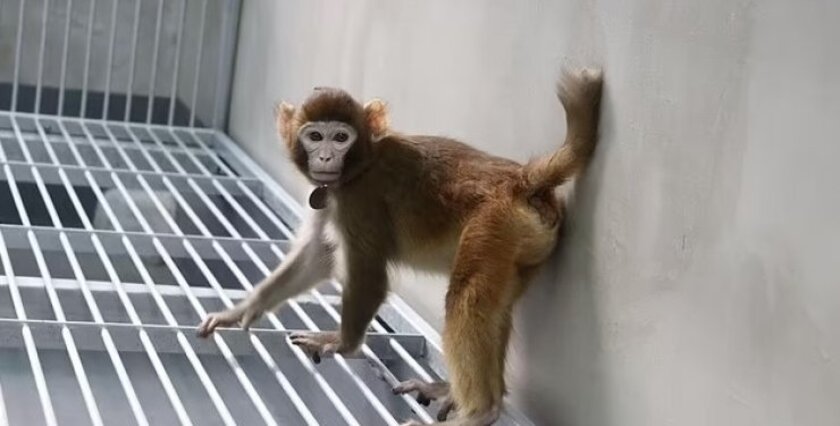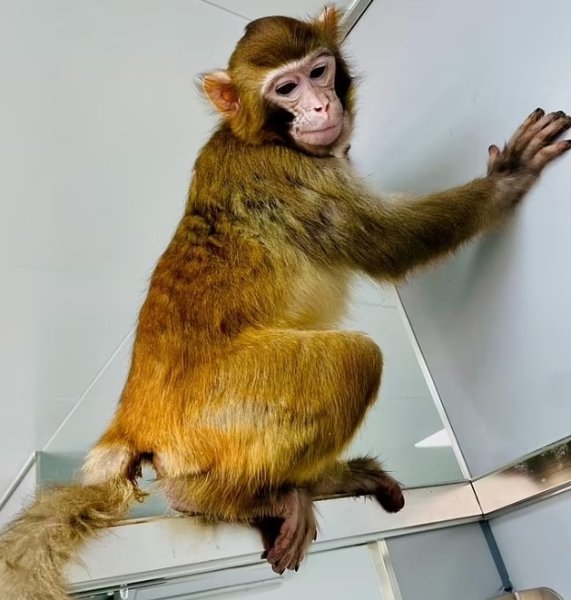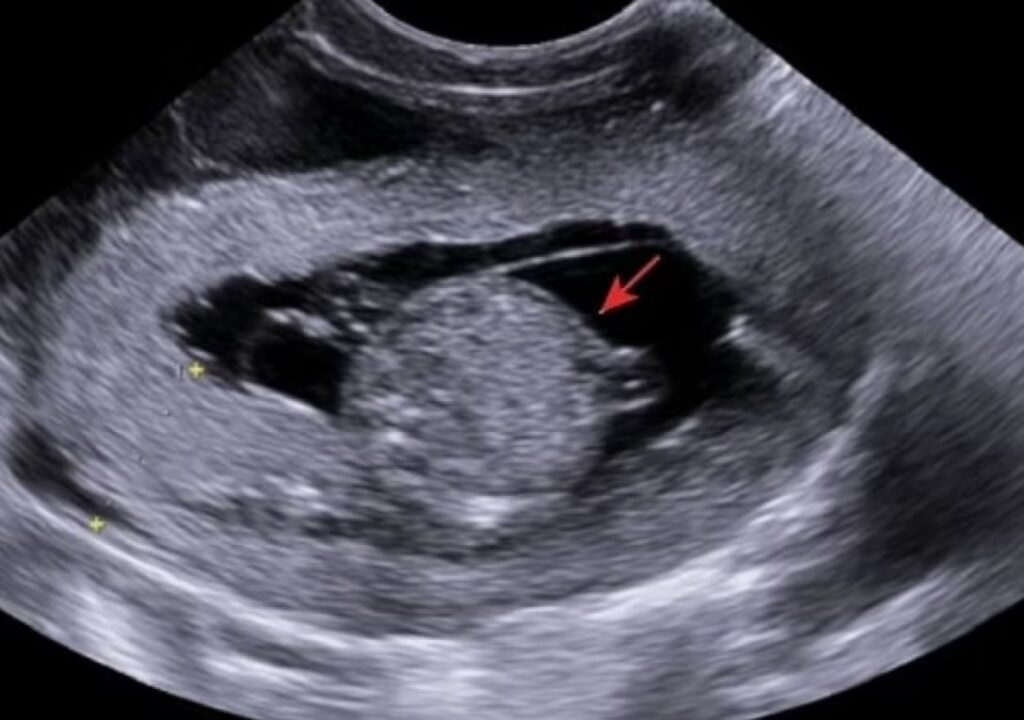
Breakthrough by Chinese scientists: for the first time, a species close to humans has been successfully cloned (photo)
More than a quarter of a century has passed since Dolly the sheep became the first cloned mammal, and now scientists are announcing a new breakthrough: they have finally managed to successfully clone a species known for its closeness to humans, the rhesus monkey (Macaca mulatta), the Daily Mail reports.
Chinese researchers claim to have used rhesus monkey somatic cells in their experiment, which are animal cells other than sperm and eggs. As a result, they managed to create a genetically identical copy. It is known that the clone was absolutely “healthy” and lived in Beijing for more than two years after its birth.
The study was conducted by Qiang Sun and his colleagues from the University of the Chinese Academy of Sciences in Beijing. The team notes that the rhesus monkey clone was created using a technique known as somatic cell nucleus transfer (SCNT). However, experts still rule out the use of this method for human cloning: too many ethical and safety issues remain to be resolved.
It should be noted that the rhesus monkey is of particular interest to researchers, as this primate species is anatomically and physiologically close to humans. In addition, rhesus monkeys are also widely used in human health research.

According to the team, they were surprised that no rhesus monkey had ever been cloned using the somatic cell nucleus transfer method. So they decided to fix it and now declare the experiment a success. As a result, the authors of the study presented a successful strategy for cloning primates.
The SCNT method involves the use of a somatic cell, such as a skin cell, whose DNA is then transferred to an egg with the nucleus removed. It is known that somatic cells contain genetic information about how an organism is structured, but unfortunately, they cannot give rise to a new organism. However, this problem is solved by transferring the DNA of the somatic cell to the egg. If successful, the process will lead to a complete reprogramming of the genetic material in the nucleus, which will allow the egg to begin dividing and forming a cloned embryo.
This method has previously led to the successful cloning of various mammals, including Dolly the sheep in 1996. In 2017, this method was used to create crab-eating macaques (Macaca fascicleis). By the way, the rhesus monkey was cloned by the same company that conducted the 2017 study.

At the same time, the efficiency of cloning most mammalian species is still extremely low and is also associated with high mortality in the womb or shortly after birth. For example, a previous attempt to clone a rhesus monkey was made back in 1997, but it failed – the clone died 12 hours after birth.
In the new experiment, the scientists succeeded, but only one of the 113 initial embryos survived – in other words, the success rate was less than 1%. According to Dr. Luis Montolio, an expert at the National Center for Biotechnology in Spain, who did not participate in the study, it is “extremely difficult to succeed in such experiments.”
According to the scientist, the new study demonstrates two things: first, primates can indeed be cloned, and second, it is extremely difficult to succeed in such experiments with such low efficiency. All this leads to only one conclusion: human cloning is impossible at this stage.

